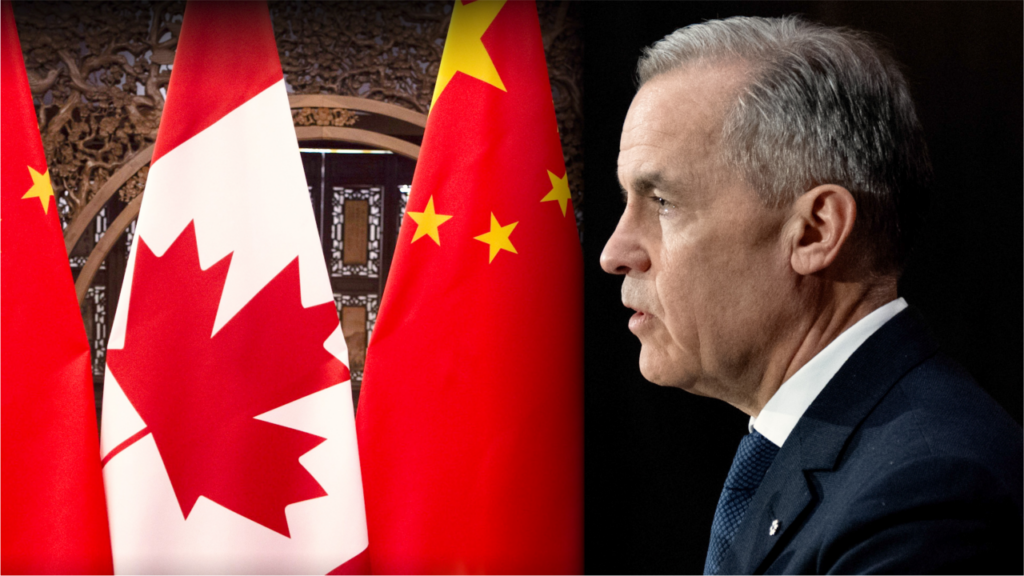Trust Eroded After Government Closes Sustainable Farming Programme, Industry Groups Say
Trust between farmers and the government has been further undermined by the sudden closure of the Sustainable Farming Incentive (SFI) to new applicants, farming groups have said, deepening tensions with the industry following recent changes to inheritance tax policies impacting family farms.
The SFI offered financial incentives to farmers to adopt environmentally-friendly land management practices aimed at improving soil health and water quality and supported actions that promote biodiversity, such as encouraging bees and other pollinators.
However, the scheme was suddenly closed to new applicants on March 11—after farmers were previously advised there would be six weeks’ notice before closure—with the Department for Environment, Food, and Rural Affairs (Defra) saying that owing to a high level of participation, the programme had hit its budgetary limit.
Martin Lines, CEO of the Nature Friendly Farming Network (NFFN), told The Epoch Times that farmers who were in the process of applying before the scheme was closed cannot access the funds they need.
Trust Broken
Lines said that the reaction from farmers to the closure was “shock and very much disappointment.”
For many farmers, adopting nature-friendly methods means rethinking their business approach to achieve both productive farming for food security and delivering “public goods” that benefit nature.
“So that sudden closure just erodes that trust,” Lines said.
“Farming is long-term planning over a number of years to deliver outcomes. That trust has been eroded every time this happens,” Lines said, when describing the lack of clarity over and abrupt changes to government programmes.
The Country Land and Business Association (CLA) has also criticised Defra’s sudden halting of the SFI scheme, and the “total lack of communication around its decision” which has “sent shockwaves through the farming sector.”
CLA Deputy President Gavin Lane told The Epoch Times that “trust has been broken” and “urgent action is now needed if Defra is to stand any chance of rebuilding confidence.”
“The revised version of SFI must be launched as soon as possible, working with the industry to design a scheme that is transparent and accessible to all farmers and landowners, to benefit nature, the environment, and food production,” Lane said.

Call for Interim Support
Defra has said it will provide further details about the reformed SFI in the future, with the programme expecting to be available by spring 2026.
But the NFFN said many farmers cannot wait that long for support.
The network is calling on the government to introduce an interim agri-environment scheme to support farmers “to deliver public goods for the next 18 months to two years, until the next scheme is available.”
Changes to Land Use
The government says that nearly half of all farming land and 37,000 farmers are currently part of the SFI scheme, with around 800,000 hectares of arable land now farmed without insecticide and 75,000 kilometres of hedgerows being restored and protected for the benefit of wildlife.
Defra said that all existing SFI agreement holders will continue to be paid under the terms of its duration, which is three years, meaning that those who were accepted recently will be covered until 2028.
It added that any eligible applications that were submitted but not accepted before the cut-off will also be considered.
Lines said that owing to the breach in trust over issues like the SFI, farmers could turn away from such programmes in the future and may look towards the marketplace for other more profitable activities.
He said, “Many are going to be incentivised to cover [their land] in solar panels or do other things that guarantee an income for the long term.”
Inheritance Tax
The loss of the SFI is the latest financial challenge to hit farmers in the past year, after the government introduced 20 percent inheritance tax on farms worth over £1 million from April 2026.

Last week, the National Farmers’ Union (NFU) met with food security and rural affairs minister Daniel Zeichner to explain the impact that closing the SFI would have on farmers, and called on Defra to unlock the scheme to the thousands of farmers who had started applications and had already paid for and started environmental work on their land.
Following the roundtable, NFU President Tom Bradshaw said that the closure of the programme “is a devastating shock for farmers and leaves businesses on a knife edge when they were already struggling with the impact of the changes to inheritance tax.”
‘Record Number’ in Schemes
A government spokesperson told The Epoch Times: “We inherited farming schemes which were underspent, with farms missing out on millions of pounds.
“The government proudly secured the largest budget for sustainable food production in our country’s history. We now have record number of farmers into schemes and more money being paid to farms than ever before. As a result, we have now hit the maximum limit of the scheme and have stopped accepting new applications.”
The spokesperson added that the government will reopen a “new and improved SFI scheme,” with more details coming this summer.
The government has previously said that the former Conservative administration also did not give notice when closing previous iterations of the scheme.














